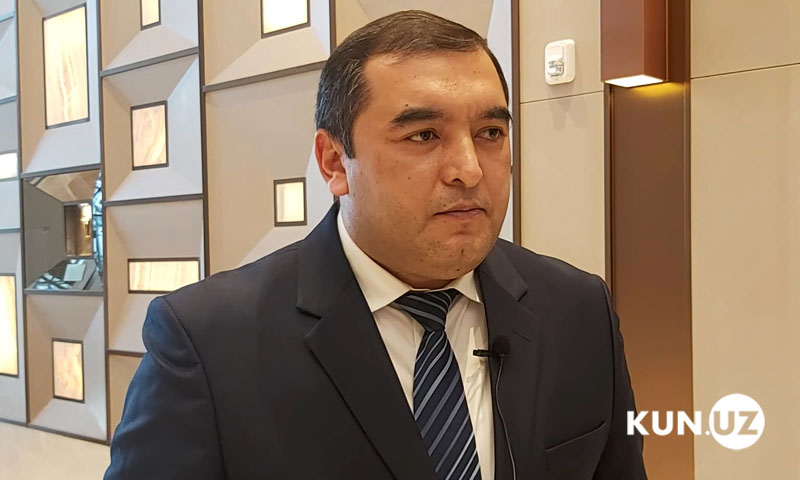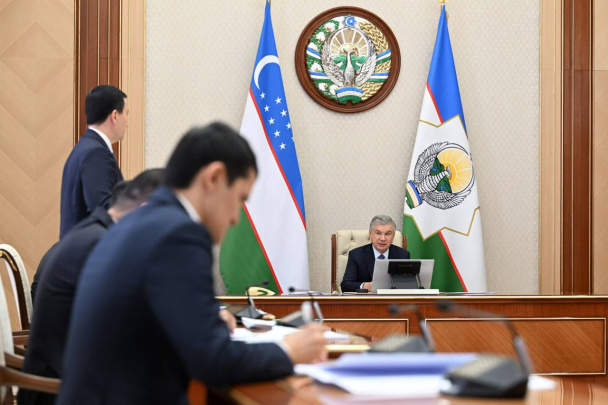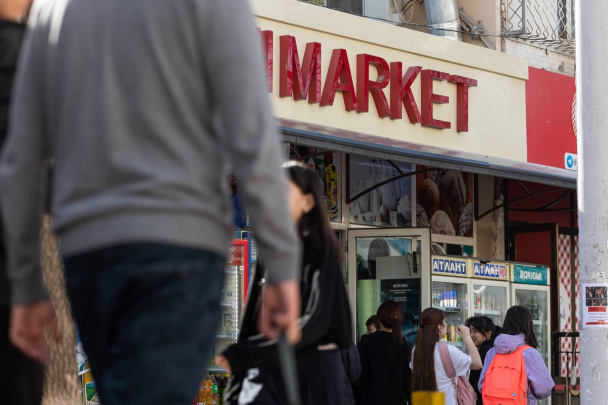Central Bank of Uzbekistan to set new inflation target amid economic uncertainty
The Central Bank of Uzbekistan is set to announce its three-year monetary policy framework on October 31, with a renewed target to achieve 5% inflation. Behzod Khamroev, a member of the Central Bank’s board, emphasized that fundamental risks, such as the budget deficit and preferential lending, play a more significant role in shaping inflation than temporary factors like fuel or meat price hikes.

Photo: KUN.UZ
Khamroev made these remarks during a media briefing on October 18, responding to a question about inflation targets. He noted that while temporary price increases in fuel or meat may affect certain market segments, these issues are expected to resolve as supply stabilizes. However, he stressed that fundamental risks, including the budget deficit and large-scale preferential lending, are more critical and need to be addressed to maintain long-term price stability.
"Temporary factors, such as the rise in fuel or meat prices, are short-term risks. When market supply increases, these problems will be resolved. However, the more pressing concerns are fundamental risks, such as the budget deficit, which is projected to be 4% this year and decrease to 3% or lower next year. Reducing preferential lending and moving towards market-based crediting are also essential to address inflation in the long run," Khamroev stated.
The Central Bank's upcoming board meeting, initially scheduled for October 24, has been postponed to October 31. The delay is attributed to the need for updated economic forecasts and macroeconomic indicators for the third quarter of 2024, which will be published in the second half of October. Khamroev confirmed that during this meeting, the bank would announce its monetary policy guidance and provide a clearer timeline for achieving the 5% inflation target.
Economic analyst Otabek Bakirov speculated that inflation concerns were likely the main reason for the meeting's postponement. He pointed to rising fuel prices and public anxiety ahead of the heating season, noting that increased tariffs for gas were starting to impact consumers.
"With the heating season approaching, expectations are worsening, and concerns are growing. The first signs of shortages and price hikes in fuel have appeared, and initial autumn rains have already indicated potential supply disruptions. More time is needed to assess inflation dynamics before making a final decision," Bakirov commented.
Meanwhile, Uzbekistan’s President recently held a meeting on October 17 to discuss macroeconomic indicators and the budget for the coming year. It was outlined that inflation should not exceed 7% in 2025 and should be kept at 5-6% in 2026, with a goal to bring it down to 5% by 2027.
The Central Bank’s October 2023 base scenario initially projected that the 5% inflation target would be achieved by the second half of 2025. However, under an alternative scenario, this target might be delayed until the end of 2026.
Related News

14:15 / 25.02.2026
Uzbekistan’s public debt rises 16.5% year on year to $46.8bn

12:50 / 21.02.2026
President Mirziyoyev backs extension of tax relief to accelerate Karakalpakstan’s industrial growth

20:24 / 20.02.2026
Central Bank survey shows downward trend in public inflation expectations

18:00 / 18.02.2026




